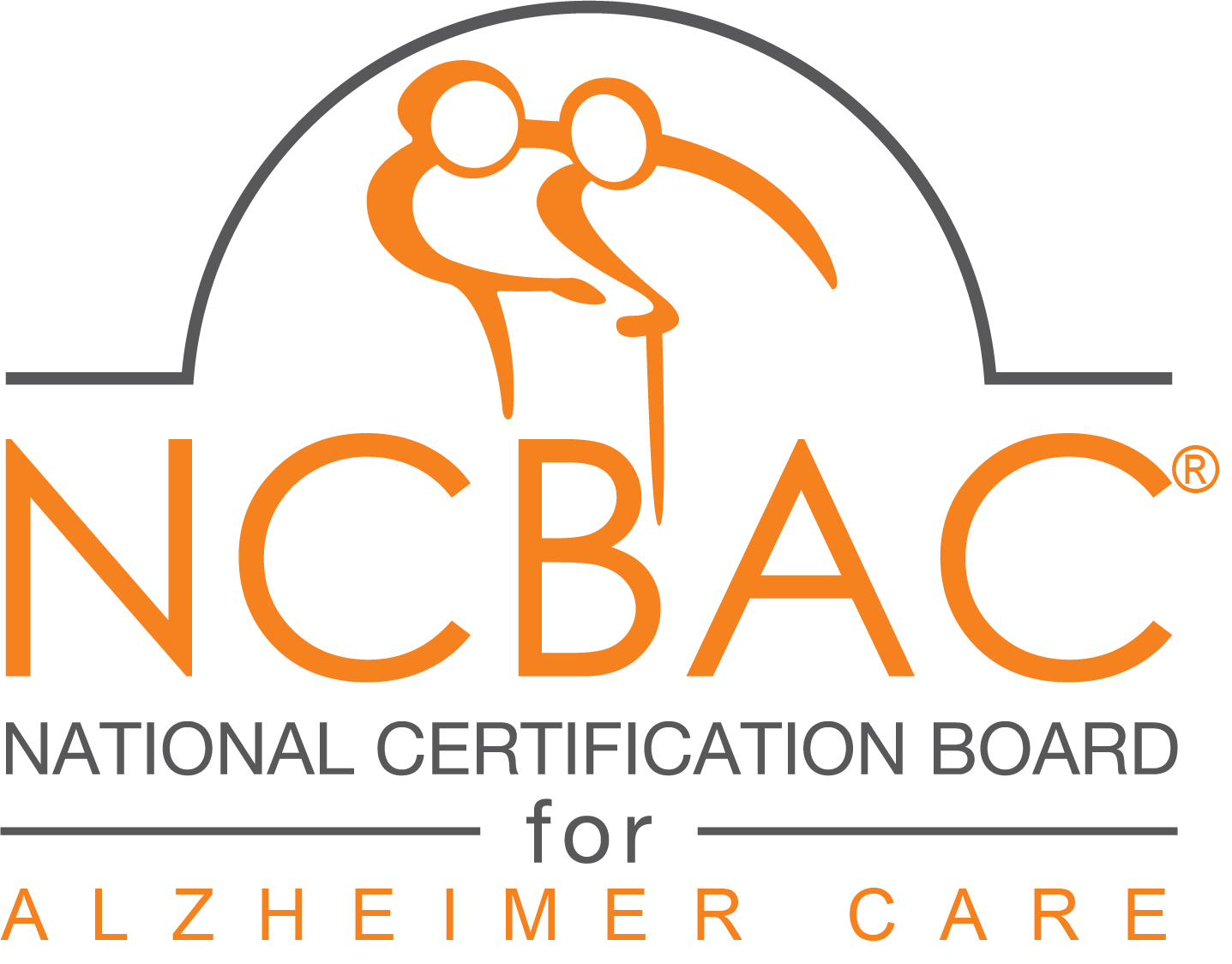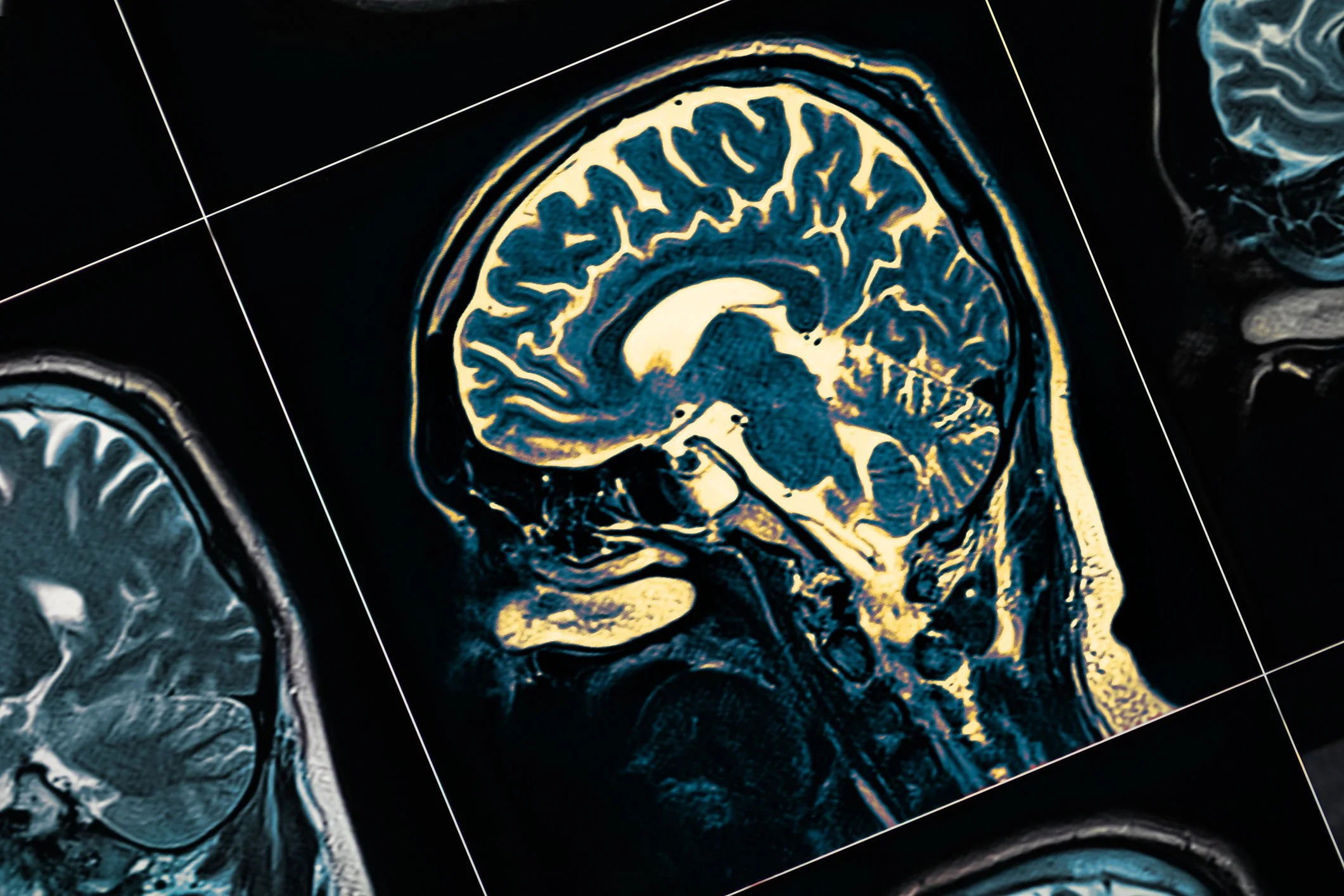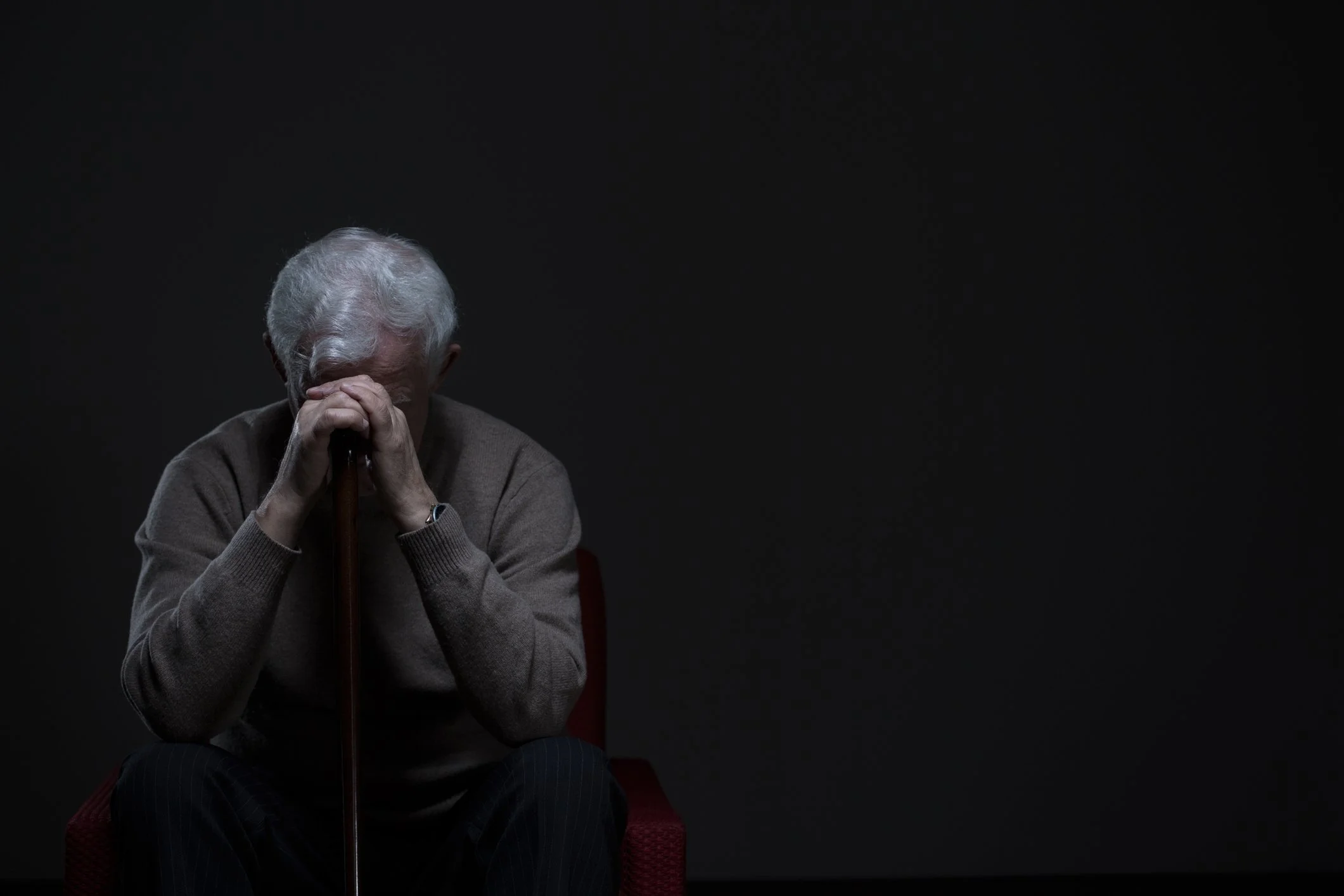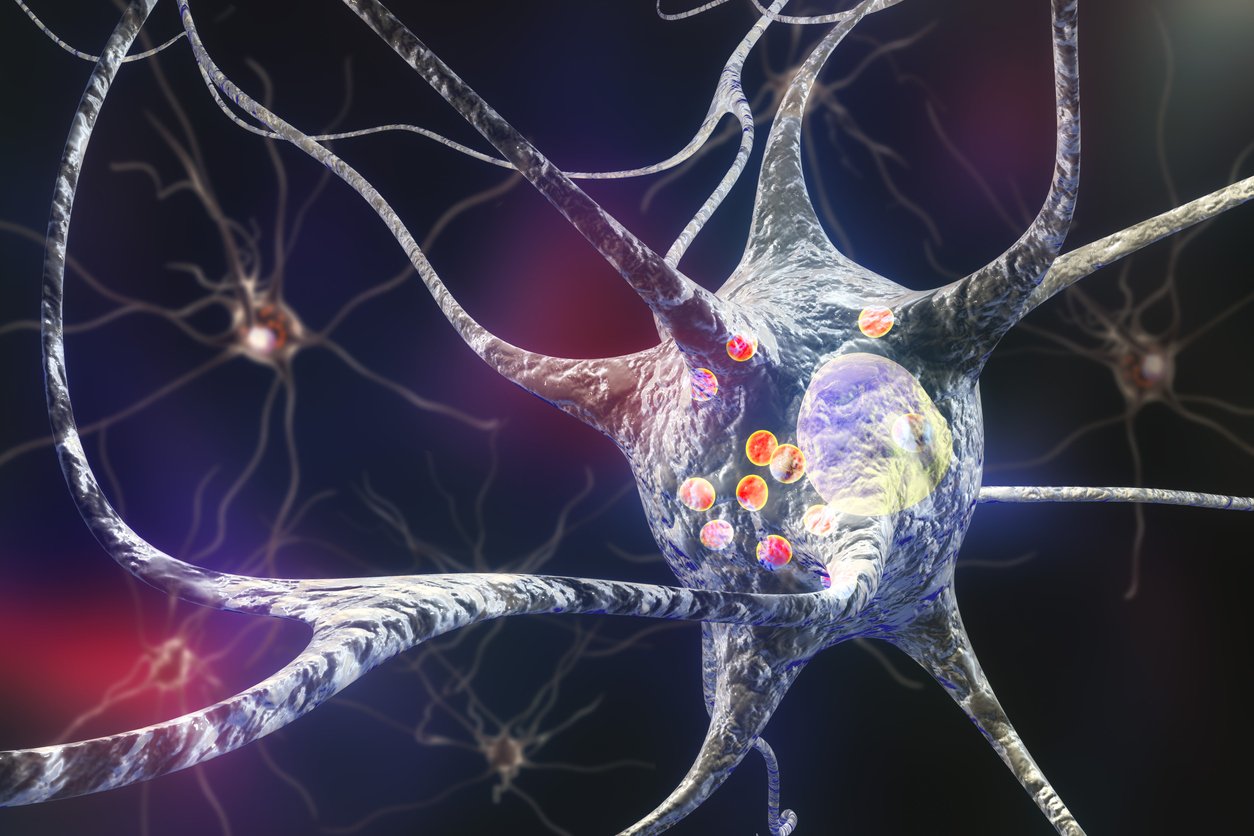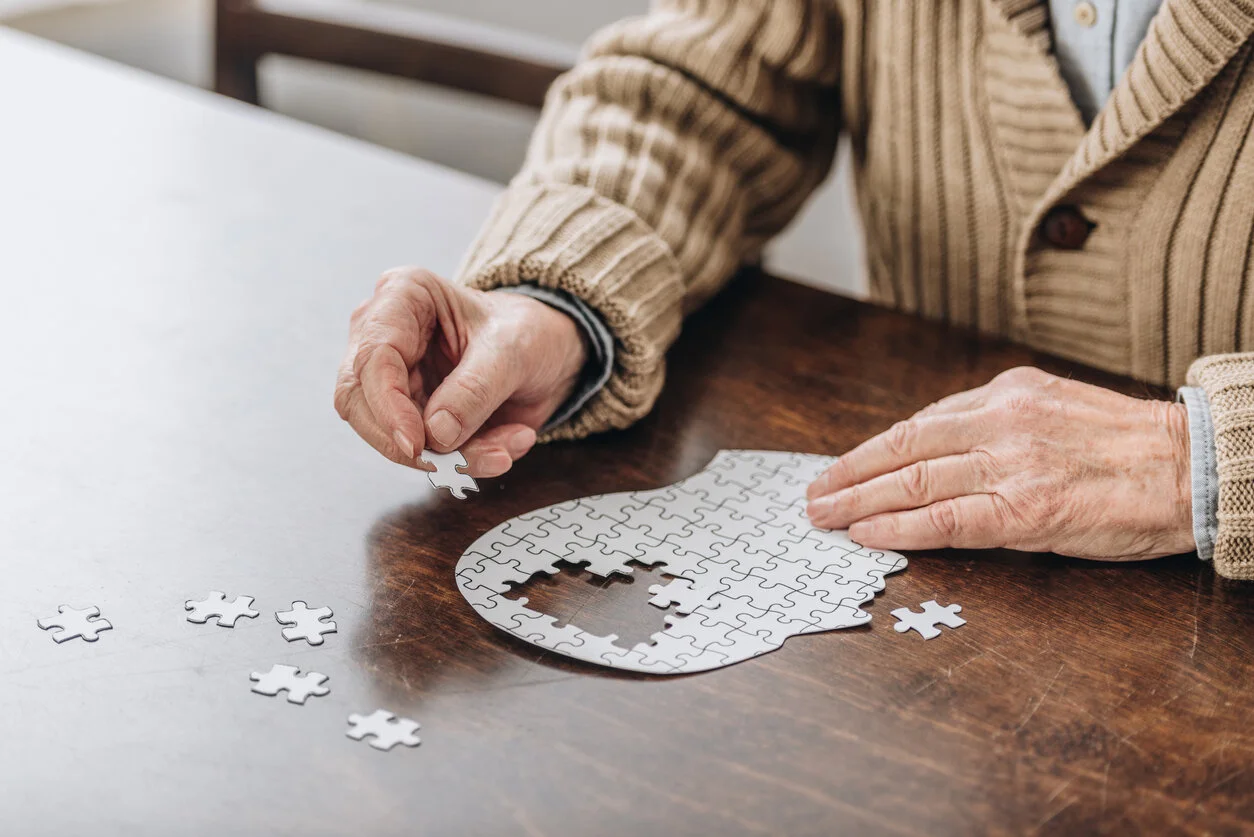Welcome to the February newsletter!
Dementia-Like
"Some causes of Dementia or Dementia-like symptoms can be reversed. Your doctor may identify and treat these causes:
Infections and immune disorders. Dementia-like symptoms can result from fever or other side effects of your body's attempt to fight off an infection.
Mild cognitive impairment (MCI)
Not necessarily "Dementia" in the strictest sense of the word, but a condition that commonly leads to Dementia, and therefore there should be a high level of concern.
"Mild cognitive impairment (MCI) is a condition in which people have memory or other thinking problems greater than normal for their age and education, but their symptoms are not as severe as those seen in people with Alzheimer’s disease.
AIDS dementia complex (ADC)
AIDS dementia complex (ADC), or HIV-associated dementia (HAD), occurs primarily in persons with more advanced HIV infection. Symptoms include encephalitis (inflammation of the brain), behavioral changes, and a gradual decline in cognitive function, including trouble with concentration, memory, and attention. Persons with ADC also show progressive slowing of motor function and loss of dexterity and coordination. When left untreated, ADC can be fatal. It is rare when anti-retroviral therapy is used.
